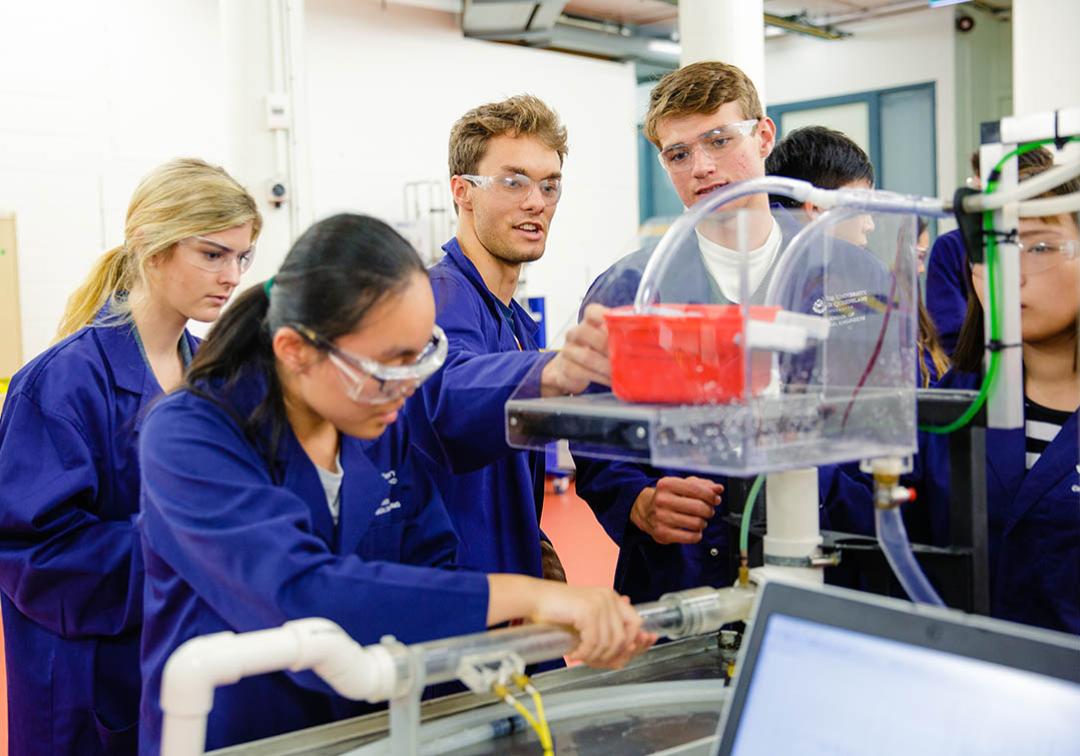
Computers hold the key to fast and efficient analysis of complex scientific problems.
But computers are also digital systems, which require discrete inputs and outputs, while mathematical analysis often relies on continuous functions. Therefore, careful approximations are needed to allow computers to analyse complex mathematical functions.
You'll study algorithms for mathematical analysis and graduate with skills used in various scientific endeavours, including in hospitals and university medical research, as well as large pharmaceutical and petrochemical companies across the public and private sectors.
Join a growing industry
- Help solve the complex scientific problems of the future using mathematical analysis
- The digital technology sector is one of the fastest growing parts of Australia’s economy
- Data engineer was the #8 emerging job of 2020 (LinkedIn 2020 Emerging Jobs Report).
Career possibilities
Our programs prepare you for your first job and beyond. Here are some of the careers you could be on your way to:
- Software engineer
- Technical business analyst
- Algorithm specialist
- Data engineer
Average annual salary range
Data Engineer
seek.com.au
Events
See all events
7 April
International Baccalaureate Research Skills Program

30 June
Queensland Biology Winter School, Year 11
Stories
See all stories
UQ people
The Rhodes Scholar planning to pay her UQ law degree forward
7-minute read
Stories
See all stories
UQ people
The Rhodes Scholar planning to pay her UQ law degree forward
7-minute read
How you'll learn
Your learning experiences are designed to best suit the learning outcomes of the courses you choose.
- Lectures
- Tutorials
- Workshops
What you'll study
At UQ, subjects are called 'courses'. Here's a sample of the courses you could study:
- Numerical Methods in Computational Science
- Visualization, Computer Graphics and Data Analysis
- High-Performance Computing
- Introduction to Bioinformatics
Keep up to date
Sign up to get information about applying and studying at UQ.



